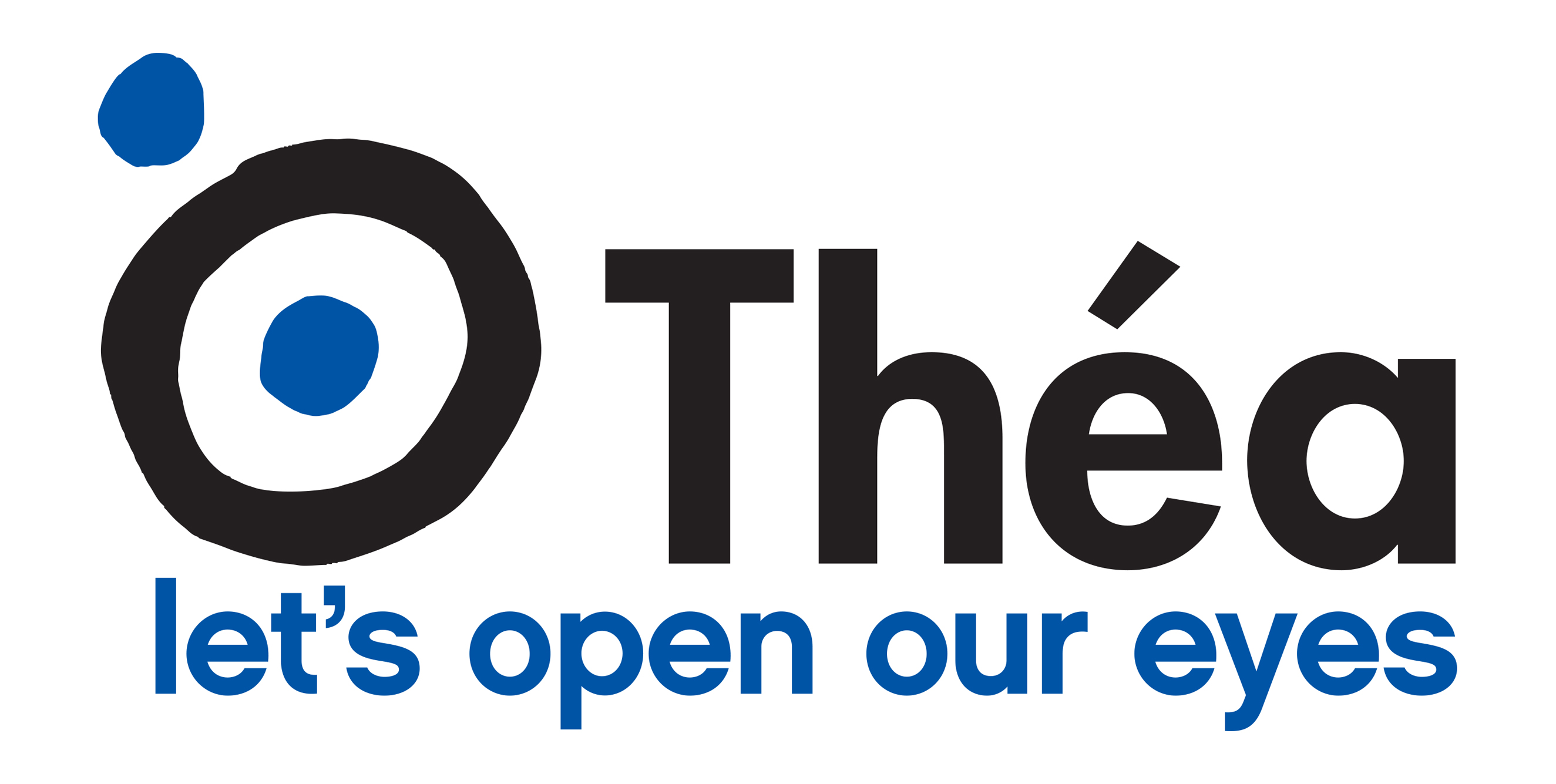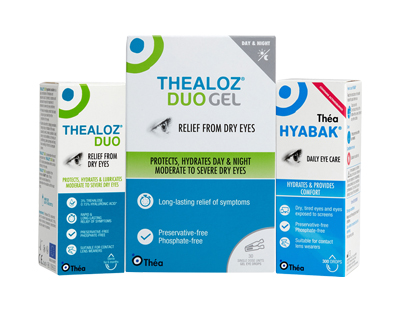For healthcare professionals

Established in the UK in 2008, Théa Pharmaceuticals is built around 3 central pillars which form the foundation of our spirit and success: innovation, education and professionalism. Our growth and success follows a series of exciting product launches and acquisitions meaning we now offer over 30 products across a wide range of key therapy areas serving the complex needs of eye health professionals.
Over 10 years of outstanding ophthalmology in the UK
Initially in the UK Théa focused on the areas of Dry Eye, lid hygiene and eye nutrition but now offers an extensive product range to include allergy, anti-inflammatory, glaucoma, infection, surgery and optometry.
The company was amongst the first to introduce preservative-free eye drops, due to the well-known issues caused by such ingredients in ophthalmology products, most commonly Benzalkonium Chloride (BAK). Théa works closely with the ophthalmology departments in numerous UK hospitals to develop high quality solutions.
Focused on innovation and education
Over the last decade, the company has grown from just five staff to a team of over 50 working across three Business Units: Consumer, Medical and Surgical. Théa is located in the IC5 building at Keele University Science and Innovation Park and plans to expand even further over the coming years with the goal of becoming the leading ophthalmic supplier in the UK.
Guided by three strategic pillars: “Driving Innovation, Education and Professionalism in improving Eye Health”, Théa continues to invest heavily in education.
This is demonstrated by our award-winning ‘Dry Eye Project’ (replaced
by the Théa Eye Health Conference); the prestigious Moorfields
International Glaucoma Symposium; and Théa Birmingham Corneal Meeting,
launched in 2015. Théa Pharmaceuticals is committed to supporting ophthalmic professionals and to having a positive impact on the eye health of all those who use our products as inspired by our global parent company.
To see more about our global initiatives please click below.
The Théa Approach
Théa have been pioneers in ophthalmology for 150 years, specialising in preservative-free formulations and innovative delivery systems. We are committed to making preservative-free products accessible and cost-effective for patients and the NHS and aim to invest in educational programmes to benefit both healthcare professionals and patients.
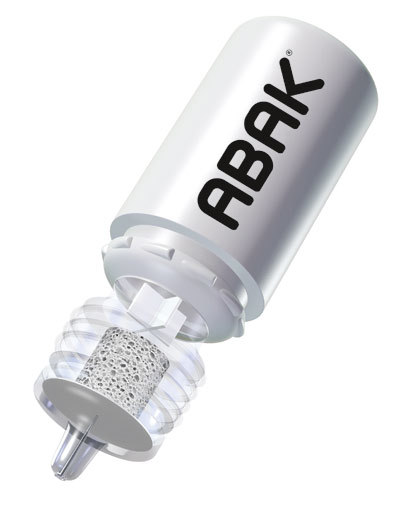
Théa invented the first multi-dose bottle capable of dispensing
preservative-free eye drops: the ABAK® bottle. The ABAK® bottle is a
high-security, high-technology dispenser which delivers up to 300 drops
through a filter which prevents microbial contamination. Continual
innovations have made it smaller, more user-friendly and more effective.
The contents can now be used for up to 3 months after opening as
opposed to between 2 and 4 weeks for a classical preserved multi-dose
bottle. Protected by patents, the design has been specifically created
so that patients with weaker hand strength can instill drops; - it
requires only 1/3 of the strength needed by other bottles.1
- Connor, AJ & Severn, PS. Eye (2011) 25 466-469
The History of Thea UK
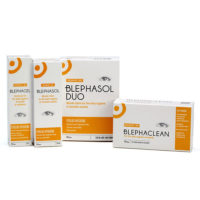
2008 - Théa Pharmaceuticals established
Théa launched Blephasol, Blephaclean and Blephagel products into the UK. This marked Thea’s partnership with optometrists, meeting the unmet need for those with conditions such as MGD and blepharitis in the UK.
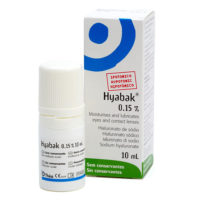
2008 - Hyabak
Hyabak, preservative-free sodium hyaluronate dry eye drops in Théa’s innovative preservative free bottle system, the ABAK Bottle. Tha launch of Hyabak made preservative free a cost-effective option of treating dry eye.
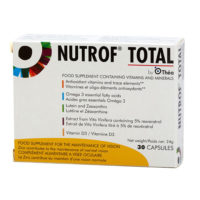
2008 - Nutrof Total
Innovation in nutrition. Théa launched Nutrof Total which, over the years, has been further improved with the addition of resveratrol alongside well established molecules including lutein, zeaxanthin and omega 3.
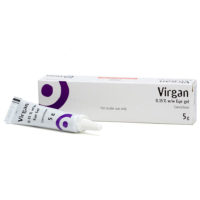
2009 - Virgan
A powerful antiviral, Ganciclovir in a gel format for the treatment of acute herpetic keratitis.
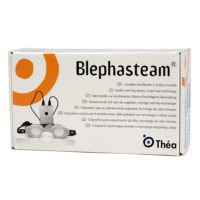
2010 - Blephasteam
Innovation driven by research. Blephasteam was designed to provide moist, warm heat shown to be most effective in relieving the symptoms of Meibomian Gland Dysfunction and associated diseases.
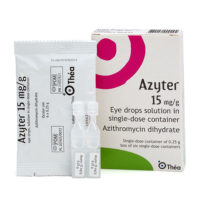
2011 - Azyter
The first 3-day topical antibiotic treatment which is preservative-free and licensed for both adults and children over 3 months.
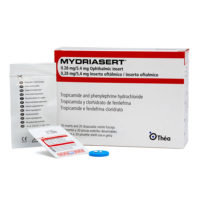
2011 - Mydriasert
The acquisition of the ophthalmic insert Mydriasert, marked Théa’s entrance into the cataract surgery arena, working with cataract services to support more efficient services.
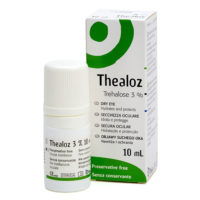
2011 - Thealoz
In a new advance in the approach to dry eye treatment, Théa launched Thealoz, a unique drop containing trehalose, a molecule with bioprotective properties to protect the corneal and conjunctival epithelia from desiccation.
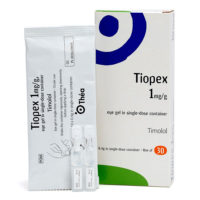
2011 - Tiopex
A novel presentation of preservative free timolol. Contained within a carbomber gel enhances residence time allowing it to be the only once daily preservative free timolol.
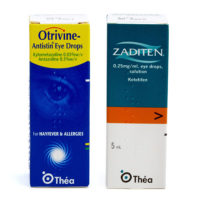
2012 - Otrivine Anthistin and Zaditen
The acquisition of Otrivine Anthisitin and Zaditen marked Théa's entrance into hay fever and allergy management.

2012 - Voltarol Ophtha Multidose and Unit Dose
The acquisition of Voltarol Ophtha widened Théa's anti-inflammatory offering into non-steroidals.
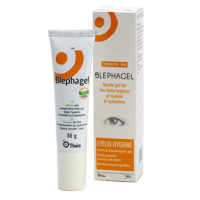
2013 - Blephagel PF
The revolutionary creation by Thea of the SteriFree tube enabled gels to be preservative-free. This year Blephagel became preservative-free.
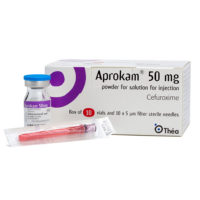
2013 - Aprokam
After the publication of the pivotal 2007 ESCRS Study and the requirement for a licensed intracameral cefuroxime, Théa developed Aprokam to fill this unmet need.
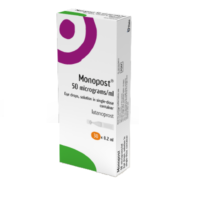
2013 - Monopost
Using an innovative vehicle, protriaxin, Théa launched the first preservative-free latanoprost at a cost-effective price.
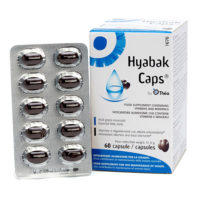
2014 - Hyabak Caps
An extension to Théa nutritional range, developed to support Dry Eye sufferers. It contains a high dose of Omega 3 and 6 fatty acids which have been shown to influence the severity of dry eye symptoms.
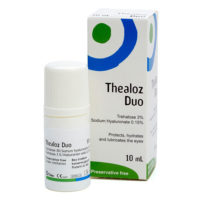
2014 - Thealoz Duo
The next generation of dry eye drop is realised by the launch of Thealoz duo. Containing not only sodium hyaluronate but also Trehalose to both protect the ocular surface and provide long lasting hydration. Backed by scientific evidence of its efficacy.
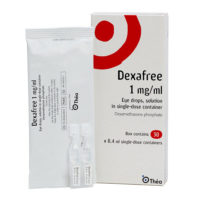
2014 - Dexafree
In response to the raising drug costs of preservative free dexamethasone drops, Théa launched Dexafree. A low cost, preservative-free dexamethasone drop.

2014 - Théa moved offices to Keele
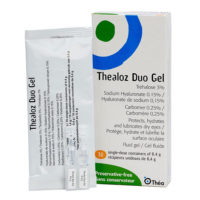
2015 - Thealoz Duo Gel
Extending the Thealoz Duo range with Thealoz Duo Gel for patients with more severe Dry Eye symptoms who like a gel format and for night-time use.
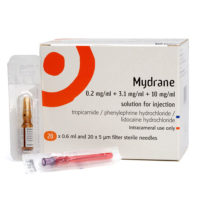
2016 - Mydrane
The second country in the world to launch the first licensed intracameral mydriatic and anaesthetic combination for cataract surgery, further supporting hospitals to improve the efficiency of their cataract lists.
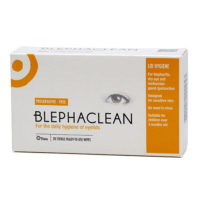
2017 - Blephaclean CE
Blephaclean was launched into hospitals after achieving a CE mark using the wealth of clinical evidence supporting its use in patients with blepharitis and around lowering the bacterial load on eyelids.
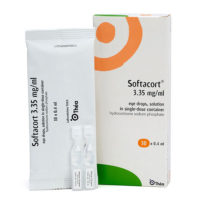
2018 - Softacort
The launch of Théa’s first soft steroid for the treatment of mild non-infectious allergic or inflammatory conjunctival diseases.

2018 - Moved to new offices in IC5
Théa’s success since 2008 allowed the move to larger, purpose-built offices in the new IC5 innovation centre on Keele University’s Science and Innovation Park.
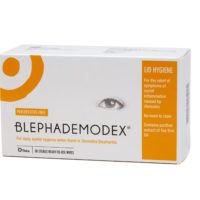
2019 - Blephademodex
Théa launch Blephademodex in response to the growing need for a clinically proven wipe to combat demodex mite infestation.
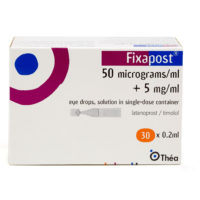
2019 - Fixapost
Introducing Fixapost, the first preservative-free latanoprost-timolol fixed combination eye drops available in the UK.
